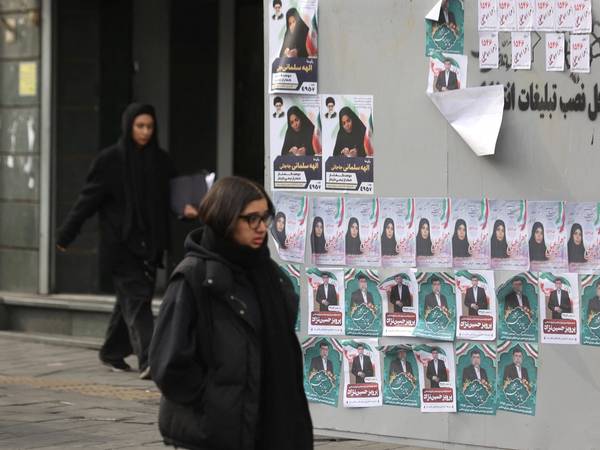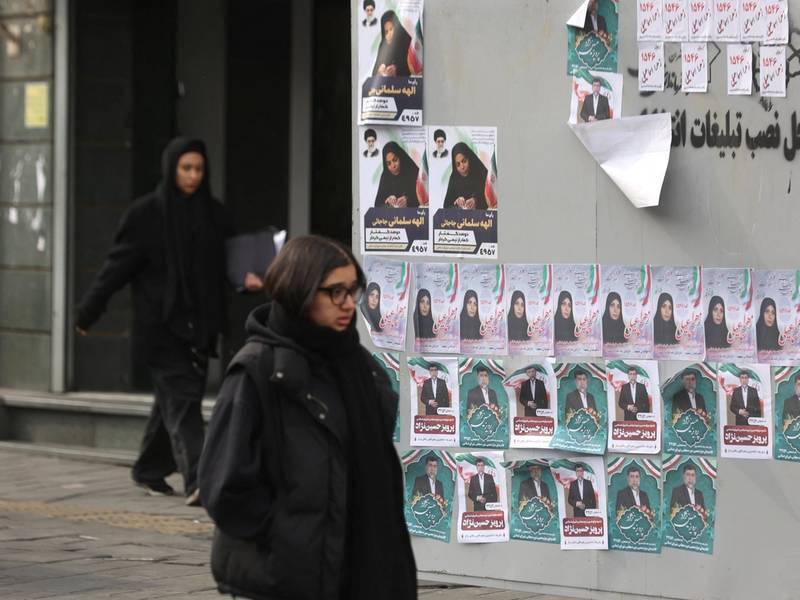Iranian teachers have vowed to boycott Friday’s parliamentary elections, joining a widespread protest against the lack of true democracy.
In a statement, the Coordination Council of Teachers Associations in Iran announced its decision to abstain from participating in the vote.
The council cited concerns over the control of “all aspects of the economy, politics, culture, security, and judiciary by the subordinate branches of appointed institutions”.
It comes as a growing number of political, social, and cultural activists have also vowed to join the boycott, with over 275 people having already declared their intention to abstain from the March 1 elections for the parliament and the Assembly of Experts.
Prisoners of conscience who have been jailed for their opposition views have also declared they will not vote.
In response to the growing boycott, Mustafa Rostami, the head of the Office of the Supreme Leader's Representative in Universities, urged the public to take part in the elections.
He said on Thursday: "Those seeking to disintegrate Iran will receive a strong response through public participation in elections."
He added in an extraordinary outbust: "Opponents of participation in elections are those who support the killers of women and children in Gaza and do not value the people's votes."
The backdrop to the political climate includes widespread opposition among Iranian voters to the regime's foreign policy, particularly its support for Israel. The dissent is fuelled by dissatisfaction with domestic governance, disillusionment with the political system's lack of accountability, and disapproval of Iran's involvement in conflicts abroad.
Iran's political landscape is characterized by significant authoritarianism, with power concentrated in the hands of Supreme Leader Ayatollah Ali Khamenei and unelected bodies like the Guardian Council. The lack of political competition and accountability further discourages participation in the electoral process.

